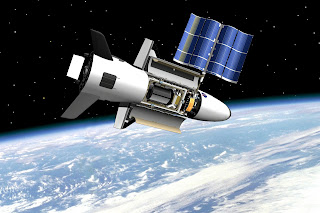High Speed Internet for Everyone-Global Internet Coverage..!!
After Tesla and SpaceX, PayPal founder Elon Musk is planning to launch 4,000 satellites around the world to bring internet to every corner of the planet: the genius inventor is securing government permission to begin testing the technology.
According to the filing, SpaceX plans initially to launch 800 satellites for better internet connectivity across the USA before further expanding the project’s reach to cover the rest of the planet. The FCC filing says, “The system is designed to provide a wide range of broadband and communications services for residential, commercial, institutional, government and professional users worldwide”.
This privateer space company led by Musk, is requesting permission from the US government to operate a massive network of 4,425 satellites – plus “in-orbit spares” – to provide high-speed, global internet coverage.
These systems would provide a space-based alternative to cable, fiber-optics and the other planetary internet access currently available.
Musk hopes to launch a series of test satellites in 2016, with a aim to completing the project by 2020. He has competition to get there first though, as British billionaire Richard Branson also wants to provide Global Internet Coverage.
“It would be an incredible adventure.” Musk said in September. “I think it would be the most inspiring thing that I could possibly imagine. And life needs to be more than just solving problems every day, you need to wake up and be excited about the future. Be inspired and want to live.”
Some Interesting Facts:
- According to Reuters reports Each satellite in the system would weigh 850 pounds and be about the size of a vehicle.
- They would orbit at altitudes ranging from 690 to 823 miles above the Earth.
- The entire trip takes six to eight months using current technology, Musk hopes to reduce it to 80 days or less.
- Musk said in January 2015 that the plan would cost at least $10bn.
- The company hopes to resume launch operations next month.
- The internet speed is expected to be as fast as 1GB per second, which is 180 times faster than the current average global Internet coverage.





Comments
Post a Comment